Holocaust Remembrance Day marked in Belgrade
Serbian President Boris Tadić laid a wreath at the monument to WWII victims inside the complex of the former concentration camp Staro sajmište in Belgrade.
Friday, 27.01.2012.
10:20

Serbian President Boris Tadic laid a wreath at the monument to WWII victims inside the complex of the former concentration camp Staro sajmiste in Belgrade. The wreath-laying marked the beginning of the Holocaust Remembrance Day ceremony. Holocaust Remembrance Day marked in Belgrade The president said that history of the Nazi crimes must not be revised and that ideology of racism and chauvinism must not be revived because Serbia was an open and democratic society. “There is no room in Serbia for those who committed crimes against humanity, against people and crimes such as those in Treblinka, Auschwitz, Novi Sad, Staro sajmiste, and Jajinci,” he pointed out. Tadic warned of attempts to revise history, to forget tragic challenges of the Holocaust and attempts to renew ideology of racism, chauvinism, ethnic, religious and other fanaticism. “Serbia will do everything to protect historical monuments and renew Holocaust memorials. That will place us right beside those countries that recognize moral, lessons of historical responsibility and the culture of remembering the victims,” he pointed out. "I call on you to once again count on your fellow citizens and neighbors, who are here with you and whose memory is vivid, and who are trying to preserve the past experiences of dehumanization in order to be able to recognize in the present what will make their human and their future peaceful," Tadic said. He added that it was unacceptable if anyone was discriminated for being different. Culture, Media and Information Society Minister Predrag Markovic also laid a wreath on behalf of the government. He stated at the ceremony that Serbia and its institutions were doing everything they could to show what was happening from 1941 to 1945, in order to prevent the Holocaust from happening ever again. Markovic said that the authorities and individuals should keep the memory of the victims of the Holocaust alive. “We are here to single out one day from all other days, but we remember the victims every day. We are marking the day when a way was found to stop the Holocaust,” the minister said and added that there was always a way to prevent such occurrences. “We always wonder why no one prevented that. There are times when individuals cannot do much. But, there is always a way. I would like to thank all those who will prevent such things in the future,” he explained. The central ceremony was be attended by Holocaust survivors, descendants of the victims, former camp inmates, Association of Jewish municipalities in Serbia President Ruben Fuks, representatives of the ministries, City of Belgrade Assembly Spokesman Aleksandar Antic and members of the diplomatic corps. Task Force For International Cooperation On Holocaust Education, Remembrance and Research Chairman Karel de Beer also attended the commemoration. At the Museum of Yugoslav History, an exhibit entitled "Holocaust in Serbia 1941-1944" will be opened by Labor and Social Policy Minister Rasim Ljajic. Prepared under the sponsorship of the Serbian government and UNESCO, the theme and volume of the exhibit has stirred great interest in Serbia and abroad. The International Holocaust Remembrance Day was established by a UN resolution on November 1, 2005, to mark the day when the largest Nazi death camp in Auschwitz-Birkenau was liberated by the Soviet troops. Over six million Jews died during WWII, many of them in death camps like Auschwitz, Treblinka, Mauthausen, Dachau, Majdanek Jasenovac, Staro sajmiste, Jajinci and the Red Cross camp in the southern Serbian city of Nis. Boris Tadic is seen at the wreath-laying ceremony (Tanjug) “Discrimination can never be solution” Serbia’s Equality Protection Commissioner Nevena Petrusic said that we should think about the present and the future that next generations would create. “This, and every other day, needs to be a warning to the mankind that discrimination and persecution will never bring a solution,” she stated. Petrusic added that history had shown many times that there was no “harmless discrimination” and that tolerance of any discrimination is as dangerous as discrimination itself. “The importance of respect of human rights and prevention of all kinds of racial, national and religious discrimination and hatred against others and those who are different is the only thing that can prevent the darkest moments of mankind from happening again,” she added. “The International Holocaust Remembrance Day is a day to remember all innocent victims of the Nazi’s monstrous plan to create a ‘pure nation’ by exterminating six million Jews,” Petrusic concluded. Beta Tanjug
Holocaust Remembrance Day marked in Belgrade
The president said that history of the Nazi crimes must not be revised and that ideology of racism and chauvinism must not be revived because Serbia was an open and democratic society.“There is no room in Serbia for those who committed crimes against humanity, against people and crimes such as those in Treblinka, Auschwitz, Novi Sad, Staro sajmište, and Jajinci,” he pointed out.
Tadić warned of attempts to revise history, to forget tragic challenges of the Holocaust and attempts to renew ideology of racism, chauvinism, ethnic, religious and other fanaticism.
“Serbia will do everything to protect historical monuments and renew Holocaust memorials. That will place us right beside those countries that recognize moral, lessons of historical responsibility and the culture of remembering the victims,” he pointed out.
"I call on you to once again count on your fellow citizens and neighbors, who are here with you and whose memory is vivid, and who are trying to preserve the past experiences of dehumanization in order to be able to recognize in the present what will make their human and their future peaceful," Tadić said.
He added that it was unacceptable if anyone was discriminated for being different.
Culture, Media and Information Society Minister Predrag Marković also laid a wreath on behalf of the government.
He stated at the ceremony that Serbia and its institutions were doing everything they could to show what was happening from 1941 to 1945, in order to prevent the Holocaust from happening ever again.
Marković said that the authorities and individuals should keep the memory of the victims of the Holocaust alive.
“We are here to single out one day from all other days, but we remember the victims every day. We are marking the day when a way was found to stop the Holocaust,” the minister said and added that there was always a way to prevent such occurrences.
“We always wonder why no one prevented that. There are times when individuals cannot do much. But, there is always a way. I would like to thank all those who will prevent such things in the future,” he explained.
The central ceremony was be attended by Holocaust survivors, descendants of the victims, former camp inmates, Association of Jewish municipalities in Serbia President Ruben Fuks, representatives of the ministries, City of Belgrade Assembly Spokesman Aleksandar Antić and members of the diplomatic corps.
Task Force For International Cooperation On Holocaust Education, Remembrance and Research Chairman Karel de Beer also attended the commemoration.
At the Museum of Yugoslav History, an exhibit entitled "Holocaust in Serbia 1941-1944" will be opened by Labor and Social Policy Minister Rasim Ljajić.
Prepared under the sponsorship of the Serbian government and UNESCO, the theme and volume of the exhibit has stirred great interest in Serbia and abroad.
The International Holocaust Remembrance Day was established by a UN resolution on November 1, 2005, to mark the day when the largest Nazi death camp in Auschwitz-Birkenau was liberated by the Soviet troops.
Over six million Jews died during WWII, many of them in death camps like Auschwitz, Treblinka, Mauthausen, Dachau, Majdanek Jasenovac, Staro sajmište, Jajinci and the Red Cross camp in the southern Serbian city of Niš.
“Discrimination can never be solution”
Serbia’s Equality Protection Commissioner Nevena Petrušić said that we should think about the present and the future that next generations would create.“This, and every other day, needs to be a warning to the mankind that discrimination and persecution will never bring a solution,” she stated.
Petrušić added that history had shown many times that there was no “harmless discrimination” and that tolerance of any discrimination is as dangerous as discrimination itself.
“The importance of respect of human rights and prevention of all kinds of racial, national and religious discrimination and hatred against others and those who are different is the only thing that can prevent the darkest moments of mankind from happening again,” she added.
“The International Holocaust Remembrance Day is a day to remember all innocent victims of the Nazi’s monstrous plan to create a ‘pure nation’ by exterminating six million Jews,” Petrušić concluded.











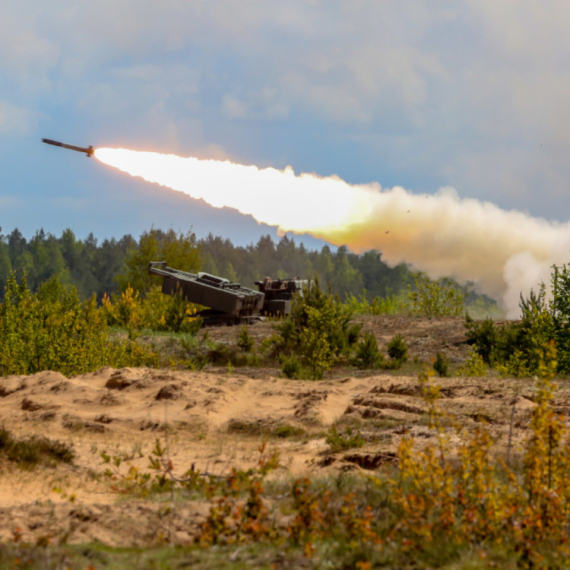

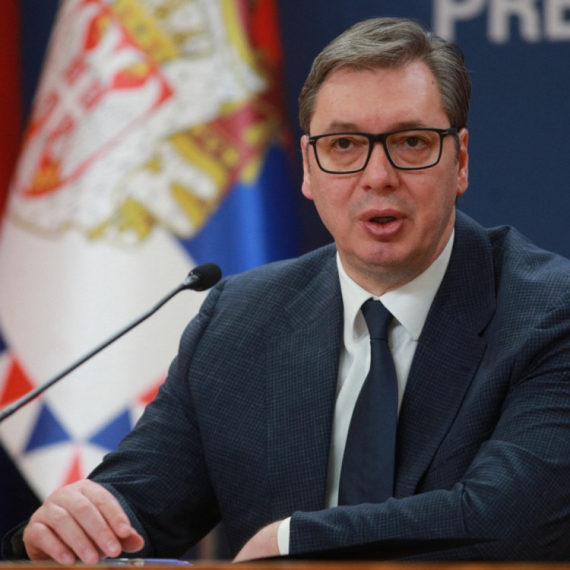
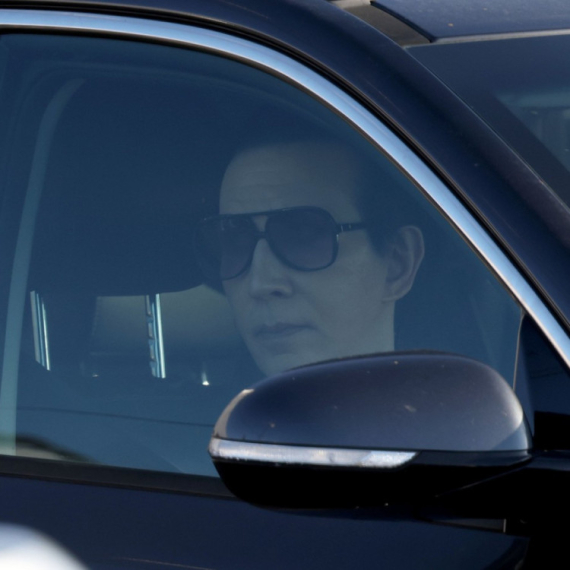
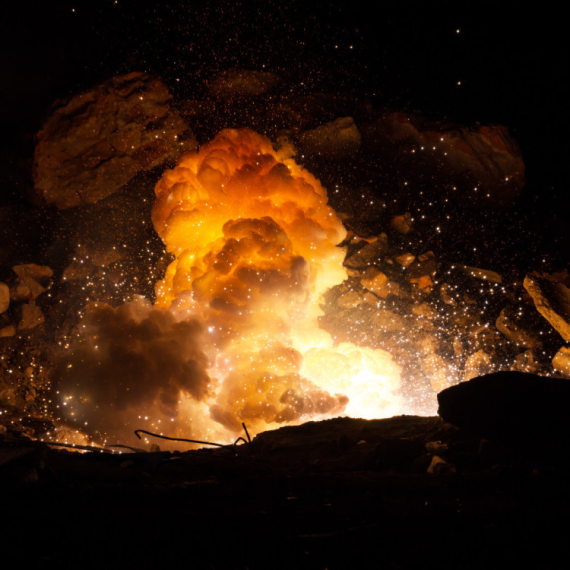
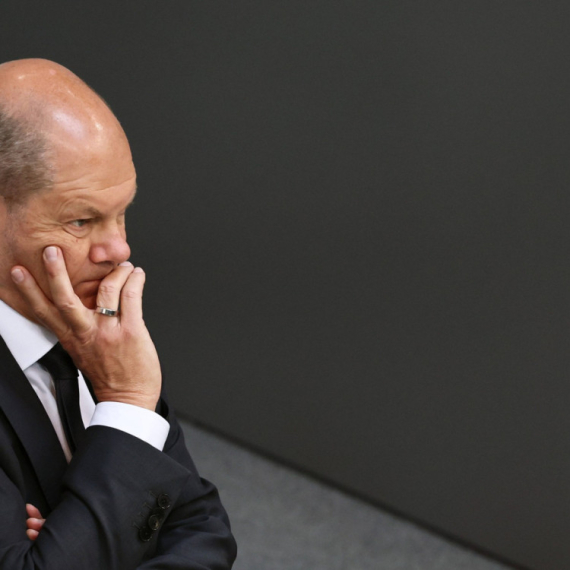



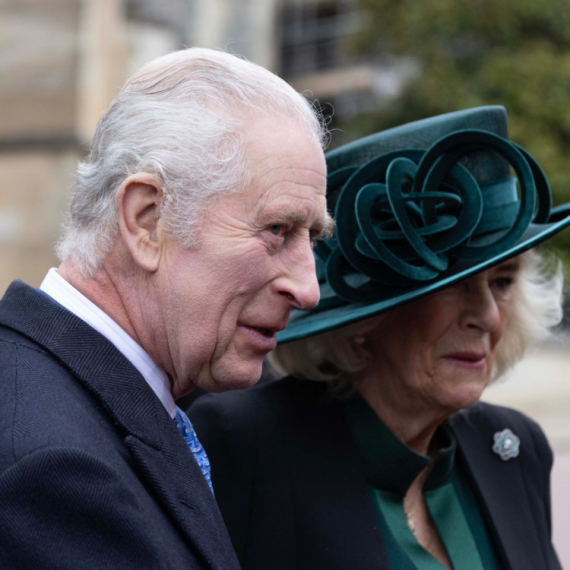
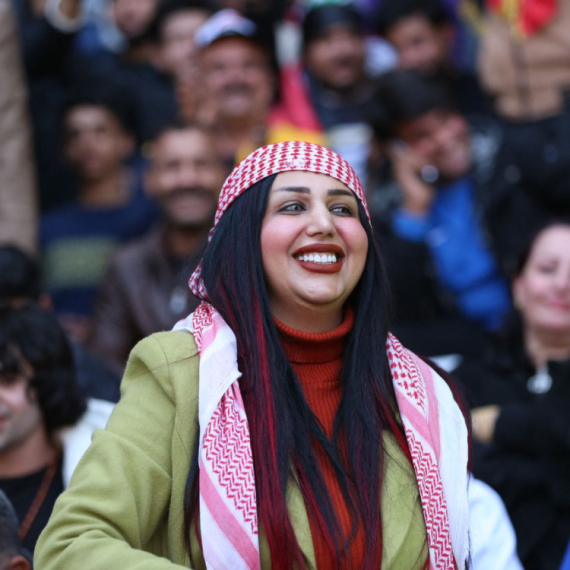










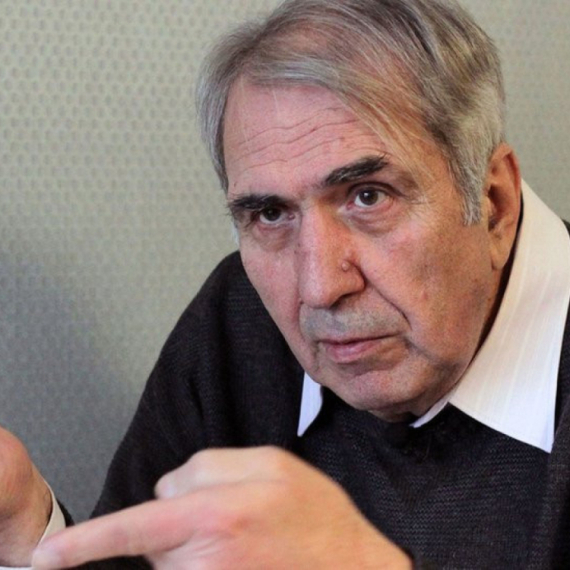
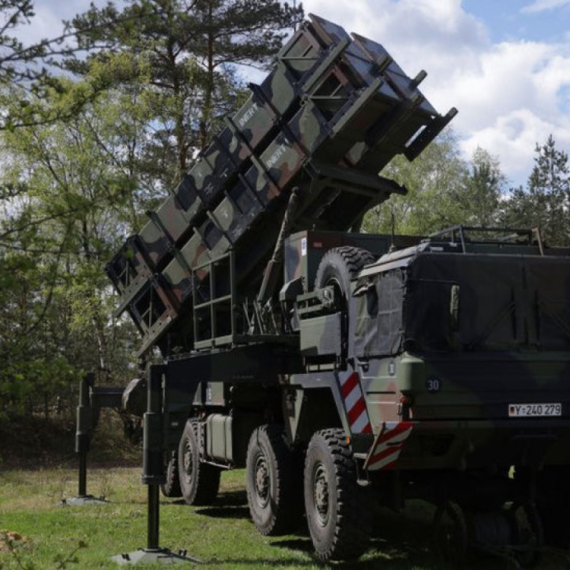

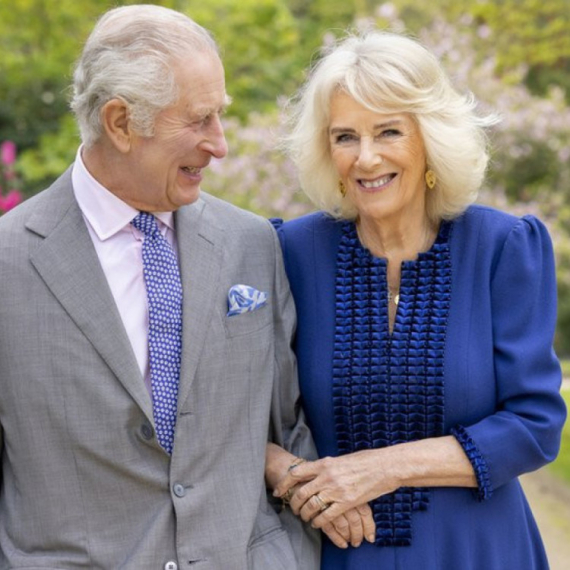
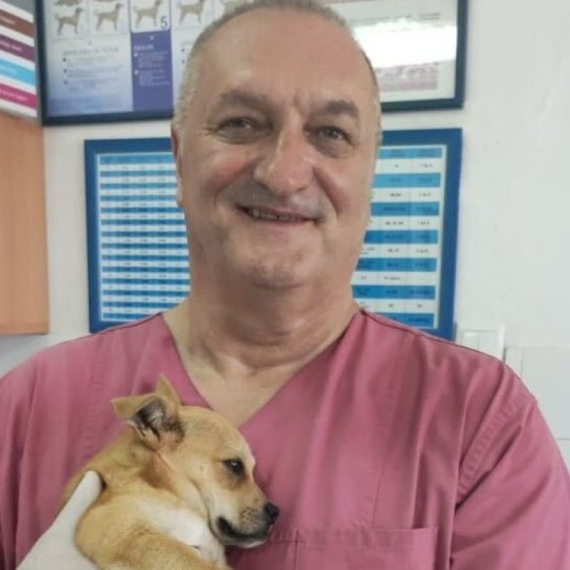

Komentari 9
Pogledaj komentare